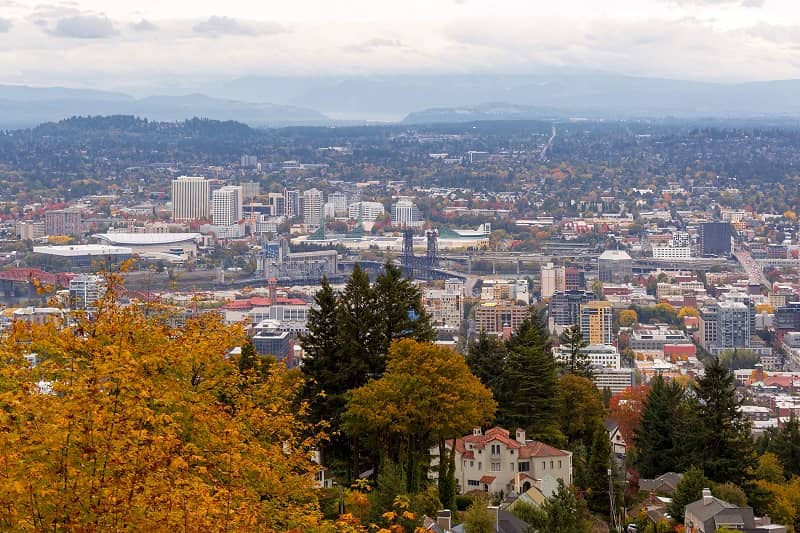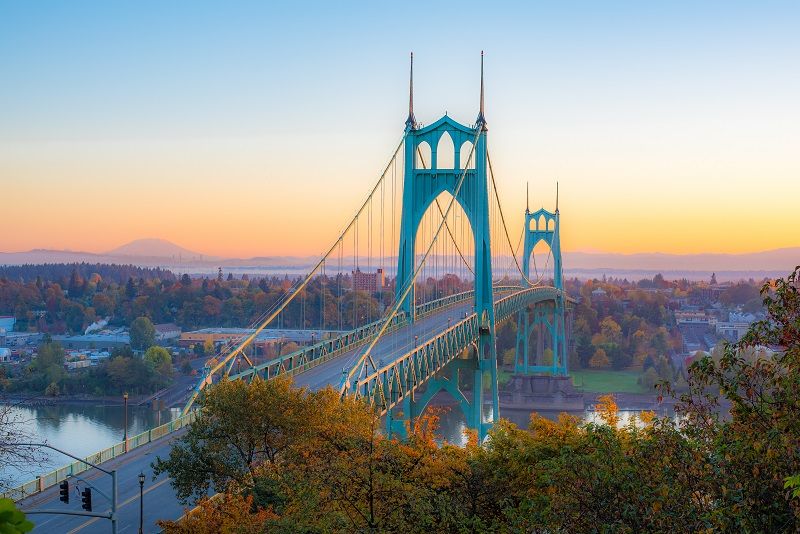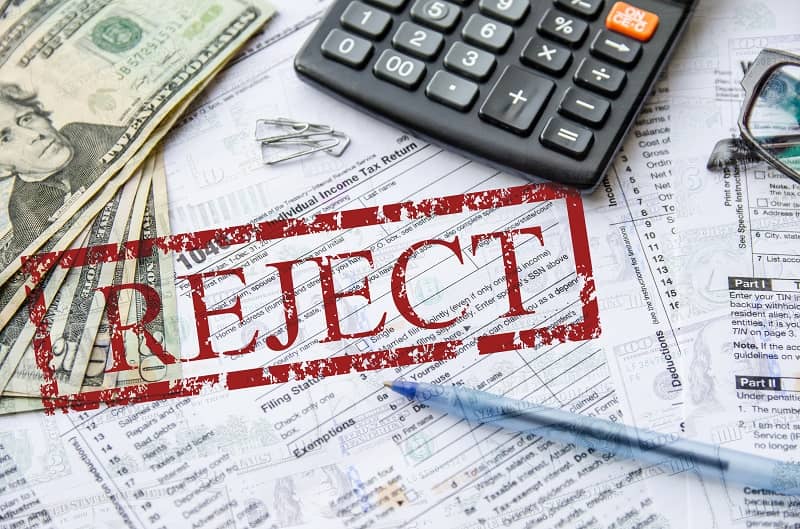

Oregon has recently passed a new law (Senate Bill 118) in an attempt to prohibit so-called “price-gouging” after an emergency or natural disaster. Although the purpose of the bill is to protect Oregonians from being charged excessive prices after an emergency, the new law likely will make a bad situation worse.
The market has a built-in mechanism to ensure that goods are directed to where they are most needed. When a natural disaster or emergency occurs, demand for essential goods immediately increases. However, goods are scarce. If demand increases and prices cannot rise to meet it, shortages will arise. Allowing prices to rise to meet demand is the market’s mechanism to prevent chronic shortages.
Imposing price controls does not resolve the problem of scarcity, it only aggravates it. For example, if a natural disaster were to hit Oregon, and the demand for bottled water suddenly went up, there would be a shortage of bottled water if prices were prohibited from sufficiently rising. But without price controls, the price of bottled water would be free to rise, signaling other producers to enter the market and supply this good.
The best policy to ensure that essential goods and services are directed to where they are most needed following an emergency is to allow the free market to function without interference.
© 2007, Cascade Policy Institute. All rights reserved. Permission to reprint in whole or in part is hereby granted, provided the author and Cascade Policy Institute are cited. Contact Cascade at (503) 242-0900 to arrange print or broadcast interviews on this topic. For more topics visit the QuickPoint! archive.











